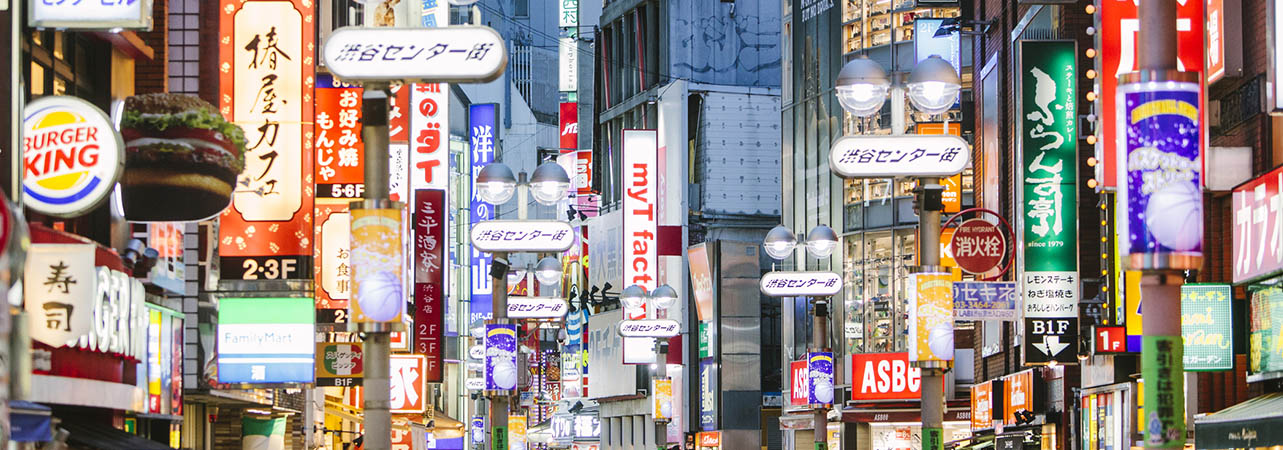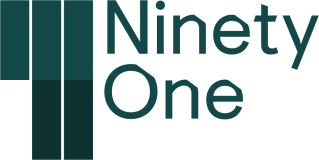Asia is facing “a crisis like no other”, according to the IMF, which warned that the coronavirus pandemic’s impact on the region will be “severe and unprecedented” and will outstrip that of the Global Financial Crisis.
- The Bank of Japan slashed its economic forecasts
- South Korea’s economy shrank by 1.4% QoQ in Q1
- Australia faces its worst contraction since the 1930s
To view the series of market updates through April, click here
Asia is facing “a crisis like no other”, according to the International Monetary Fund (IMF), which warned that the coronavirus pandemic’s impact on the region will be “severe and unprecedented” and will outstrip that of the Global Financial Crisis. Economic growth in Asia is set to stall this year, representing its worst growth performance for almost 60 years. The IMF expects that the outlook for Asia is likely to depend on two key factors: the extent of the global economic slowdown, and of China in particular. Nevertheless, looking ahead to 2021, prospects remain “highly uncertain”, but the IMF believes that the region’s economy will rebound strongly.
“Economic growth in Asia is set to stall this year”
In Japan, concerns about the global economic impact of the coronavirus pandemic pushed sentiment amongst larger manufacturing firms into negative territory, according to the Bank of Japan’s (BoJ)’s Tankan survey of business sentiment. The BoJ slashed its forecast for economic growth in Japan in 2020 from a range of 0.8% to 1.1% to a range of -3% to -5%, and confirmed that inflation is likely to remain well below its 2% target until at least 2022.
Retail sales dropped at an annualised rate of 4.6% during March as shops closed and consumers stopped spending. Consumer confidence plummeted and the government warned that Japan’s economy was “getting worse rapidly in an extremely severe situation”. Meanwhile, industrial production declined steeply during March, dropping by 3.7% month on month; inventories rose sharply and shipments fell by 5%. The Nikkei 225 Index rose by 6.7% during April, and the Topix Index climbed by 4.3%, while the TSE Second Section Index posted a monthly increase of 8.1%.
South Korea’s economy contracted by 1.4% quarter on quarter during the first three months of 2020, having expanded by 1.3% over the final quarter of 2019. Private consumption fell by 6.4%. Exports plummeted in April, registering an annualised drop of 24.3% during the month, and imports declined by 15.9%. The Kospi Index rose by 11% in April.
Australia faces its worst contraction in national output since the 1930s, according to the Reserve Bank of Australia (RBA), which expects output to fall by 10% during the first half of 2020. Nevertheless, RBA Governor Philip Lowe believes the economy could stage a strong recovery if lockdown measures are eased in a timely manner. The ASX All Ordinaries Index rose by 9.5% in April.
A version of this and other market briefings are available to use in our newsletter builder feature. Click here









